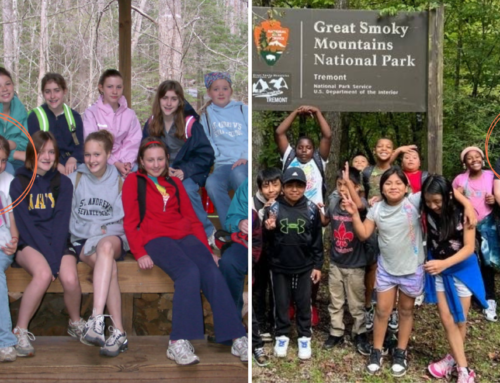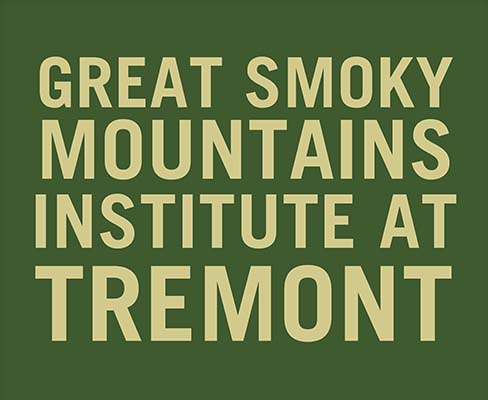Great Smoky Mountains National Park and Great Smoky Mountains Institute at Tremont have been selected to participate in a new science education program, Citizen Science 2.0 in National Parks. Made possible thanks to a $1 million Veverka Family Foundation donation to the National Park Foundation’s Centennial Campaign for America’s National Parks, this new program supports collaborations among select national parks, local environmental science education providers, and local middle and high schools over a three-year period.
Tremont Institute’s partnership with Great Smoky Mountains National Park will provide citizen science engagement for students and deliver professional development for teachers. Through a series of residential workshops at Tremont Institute and consults at local schoolyards, teachers will learn and practice experiential teaching and link it to standards-based subject matter.
Teachers will co-design lessons with their students and develop a citizen science research program that addresses a need in their community. Tremont will provide toolkits for training and establish a local network of support for teaching experientially.
Twelve K-12 teachers will be selected for the program starting in January 2018.
“We are truly excited to work with the National Park Foundation, Great Smoky Mountains National Park, and our local East Tennessee teachers. This partnership will allow us to innovate teacher education programs that bring citizen science to schoolyards as a powerful tool to engage students in meaningful research. We are thankful for the National Park Foundation’s vision in expanding the role of parks-based science education” says Dr. Jennifer Jones, President and CEO of Great Smoky Mountains Institute at Tremont.
The goal of the program this year is to:
- establish a place-based, science-focused community of practice among national parks, schools, and education partners;
- equip classroom teachers with the tools, training, and opportunity to conduct high quality, experiential science education aligned with science standards; and
- create student-centered curriculum that connects students to their local national park through hands-on scientific study of water quality and watersheds.
Click here read the full press release announced by National Park Foundation.


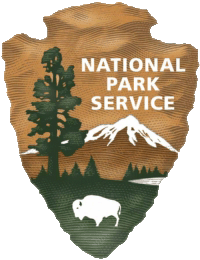
- Tyler Gonzales
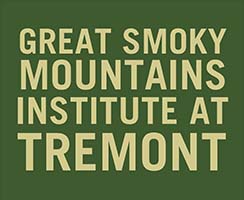
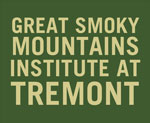

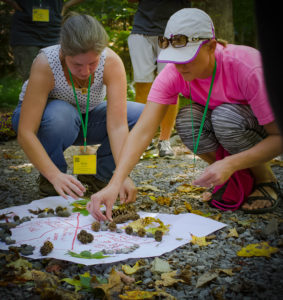
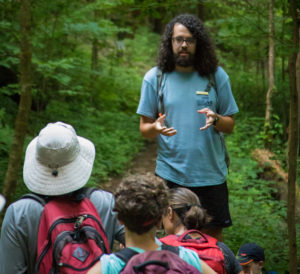
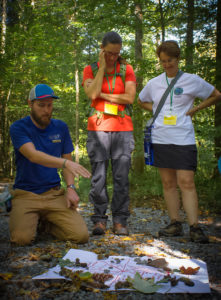
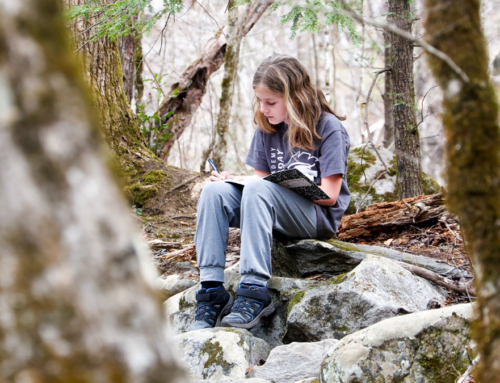
![A Deep Dive Into Wetlands [Free Lesson Plan]](https://gsmit.org/wp-content/uploads/2024/02/madeline-blog-cover-500x383.png)
![Are You a Math and Science Person or a History and English Person? [Free Lesson Plan]](https://gsmit.org/wp-content/uploads/2024/01/Girls-in-Science-Erin-Rosolina-3-1-500x383.jpg)
